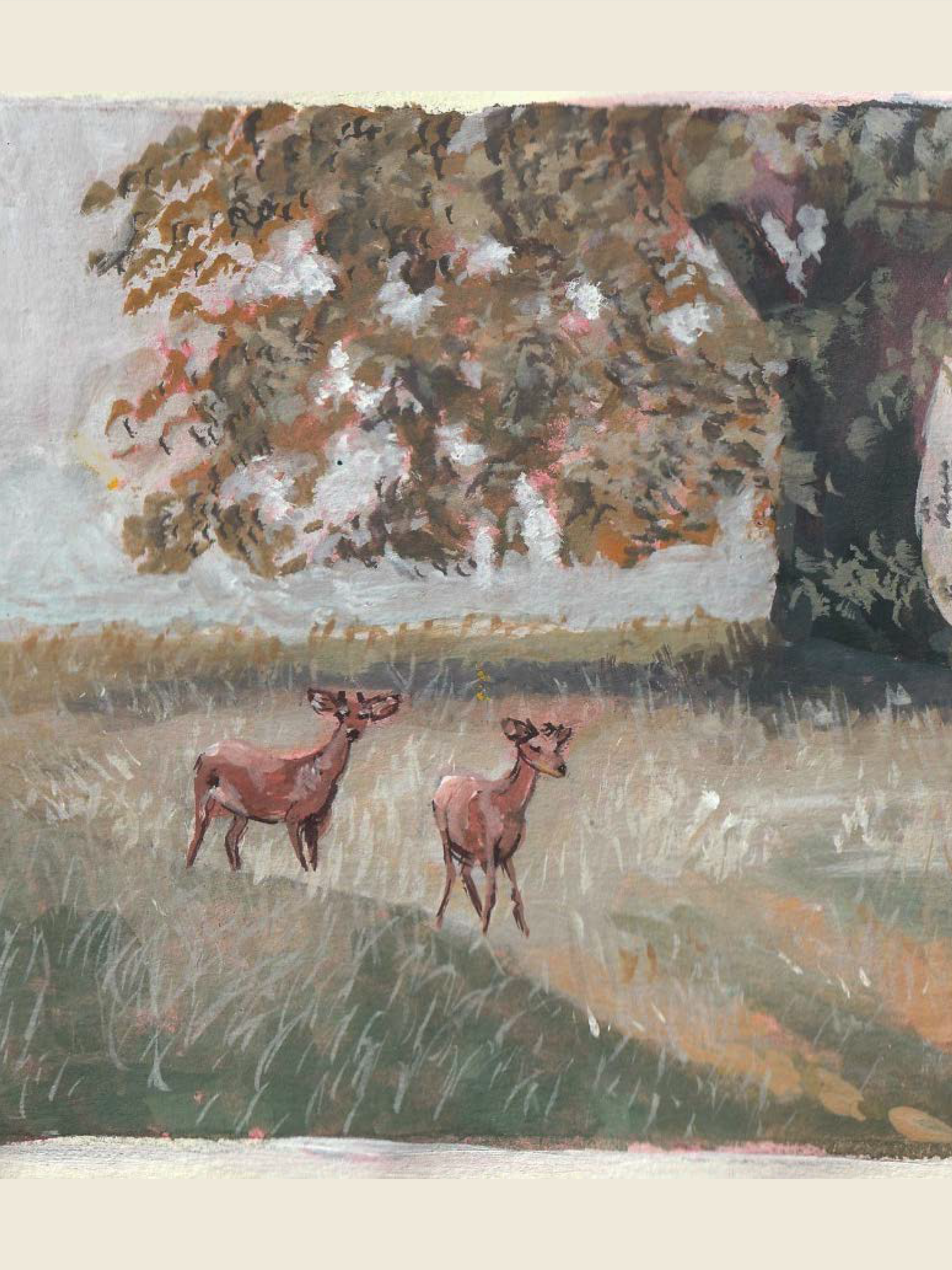Thinking about crises with Hannah Arendt
An exercise in thinking about education, politics and the pandemic
DOI:
https://doi.org/10.11606/issn.2594-5920.primeirosescritos.2021.178945Keywords:
crisis; education; politics; pandemic; Hannah ArendtAbstract
With the new Coronavirus pandemic, the word crisis has been widely used in public debate. Our objective is to propose a reflection on the crisis in education in Brazil and its effects on the field of humanities in the light of the concepts of politics, education and crisis in Hannah Arendt. This article, therefore, has the horizon of its reflections to think about the meaning of the humanities as an educational practice in the school experience in the face of the current problem posed to the field. Through an investigation of the ethical sense of educational practice, we present a counterpoint to the current pedagogical discourse in force in the public debate. We will call into question the notion of isolation, a word that gained prominence with the pandemic, but which we propose to interpret from Arendt's conceptual framework as a phenomenon prior to it and that has sensitive effects for education and politics as it would be the product of the disappearance of common sense.
References
ALMEIDA, V. S. A distinção entre conhecer e pensar em Hannah Arendt e sua relevância para a
educação. Educ. Pesqui., São Paulo ,v. 36, n. 3, p. 853-865,Dec.2010 .
_____. Natalidade e educação: reflexões sobre o milagre do novo na obra de Hannah Arendt. Pro-Posições, Campinas, v. 24, n. 2, p. 221-237, Aug. 2013
AQUINO, J. G. Defender a escola das pedagogias contemporâneas. ETD - Educação Temática Digital, Campinas, SP, v. 19, n. 4, p. 669-690, 2017
ARENDT, H. Entre o passado e o futuro. Editora Perspectiva. São Paulo. 2016
_____. A Condição Humana. Trad. Roberto Raposo. 13.ed. Rio de Janeiro: Forense Universitária,
a
_____. Origens do Totalitarismo. São Paulo: Companhia de Bolso, 2017.
_____. Responsabilidade e julgamento. São Paulo: Companhia das Letras, 31-60, 2004.
Base Nacional Comum Curricular (BNCC). Educação é a Base. Brasília, MEC/CONSED/UNDIME, 2017.
BANCO MUNDIAL. Agir agora para proteger o capital humano de nossas crianças: Os custos e a Resposta ao Impacto da pandemia da COVID- no Setor de Educação na América Latina e no Caribe”.
Washington, World Bank Publication, 2021
CARVALHO, J. S. F. Autoridade e educação: o desafio em face do ocaso da tradição. Rev. Bras. Educ. [online]. 2015, vol.20, n.63, pp.975-993.
_____. Política e educação em Hannah Arendt: distinções, relações e tensões. Educação & Sociedade (2014).
_____. O declínio do sentido público da educação. RBEP - Revista brasileira de estudos pedagógicos., Brasília, DF, v. 89, n. 223, p. 411-424, 2008.
COSTA, M. O.; SILVA, L. A. Educação e democracia: Base Nacional Comum Curricular e novo ensino médio sob a ótica de entidades acadêmicas da área educacional. Rev. Bras. Educ. [online]. 2019, vol.24
MICHETTI, M. ENTRE A LEGITIMAÇÃO E A CRÍTICA: As disputas acerca da Base Nacional Comum Curricular. Rev. bras. Ci. Soc.,São Paulo ,v. 35, n. 102,2020 .
OECD. Competências para o progresso social: O poder das competências socioemocionais, Fundación Santillana, Madrid, 2015.
PORCEL, B. Hannah Arendt y las crisis de nuestro tiempo. Revista Argumentos/UFC. Ano 5 n°9 2013
TOCQUEVILLE, A. A democracia na américa: sentimentos e opiniões. São Paulo: Martins
Published
Versions
- 2022-04-13 (3)
- 2022-04-01 (1)
Issue
Section
License
Copyright (c) 2022 Department of Philosophy - FFLCH/USP

This work is licensed under a Creative Commons Attribution 3.0 Unported License.
Proposta de Política para Periódicos de Acesso Livre
Autores que publicam nesta revista concordam com os seguintes termos:
- Autores mantém os direitos autorais e concedem à revista o direito de primeira publicação, com o trabalho simultaneamente licenciado sob a Licença Creative Commons Attribution que permite o compartilhamento do trabalho com reconhecimento da autoria e publicação inicial nesta revista.



